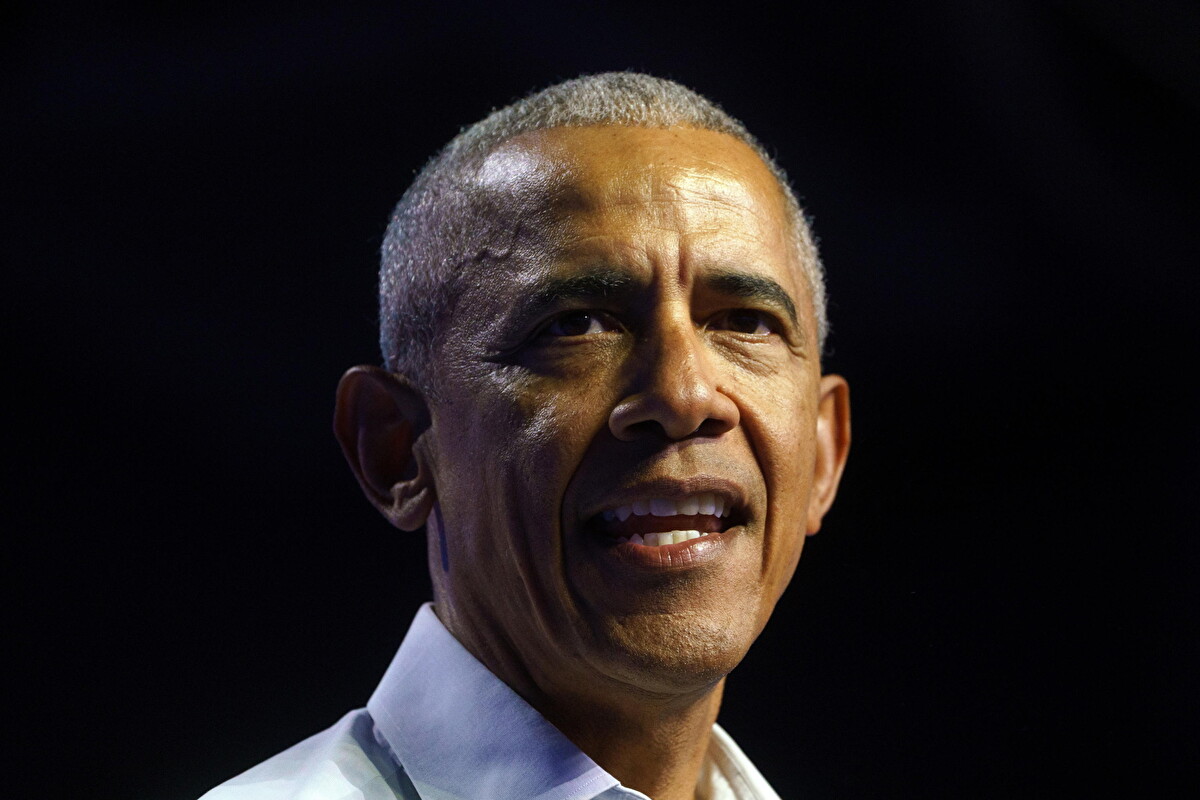During a lengthy interview with CNN, Mike Pence, who served as Vice President under Trump in his first term, said he was quite concerned about the possible effects of global import tariffs imposed by Donald Trump.
Pence also criticized the plan promoted by the US president, arguing that an impending price shock to the economy and potential shortages will lead Americans to “demand a different approach” from the White House.
“I do have concerns that, with the president’s call for broad-based tariffs against friend and foe alike, that ultimately the administration is advancing policies that are not targeted at countries that have been abusing our trade relationship, but rather are essentially a new industrial policy that will result in inflation, that will harm consumers and that will ultimately harm the American economy,” he said, “I do have a concern that when the so-called 90-day pause comes off, that even the administration has conceded that there may be a price shock in the economy, and there may be shortages.”
Pence also advocated using the threat of tariffs as leverage, but not as a policy tool, to increase trade with allied nations. But he made it clear that American consumers may soon feel the repercussions of Trump’s economic strategy.
“There were reports over the weekend of maybe a 35% reduction in the number of imports headed our way across the Pacific,” he added, “I think the American people are going to see the consequences of this. I think they’ll demand a different approach, and I think that approach is free trade with free nations.”
During the first Trump administration, Pence said he had “long conversations” with the president on trade. He acknowledged that the two have totally different ideas on that area, with Trump having a “historic view that at the end of the day, a certain minimum threshold of tariffs on all goods coming into the country will serve the American public and our economy.”
In contrast, Pence explained: “We ought to be engaging our trading partners across the free world to lower trade barriers, lower non-tariff barriers and subsidies. But when it comes to authoritarian regimes, we ought to get tough, stay tough and demand that they open their markets and respect our intellectual property.”
Finally, the former vice president spoke about Canada, a country historically allied with the U.S. but equally affected by Trumpian tariffs. The U.S. leader has also repeatedly said in recent weeks that the nation should become the 51st U.S. state.
“I think Canada has been a great ally of ours, whose soldiers have fought and died alongside Americans in every war since World War I,” he concluded.












